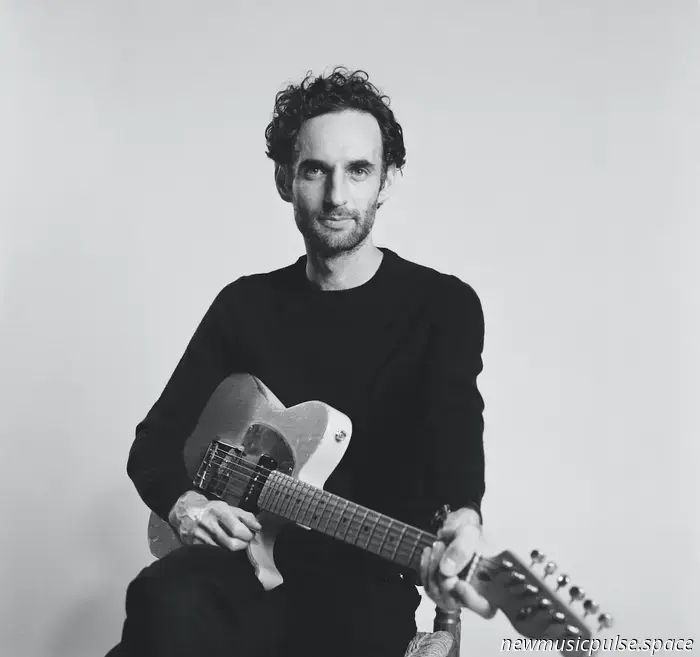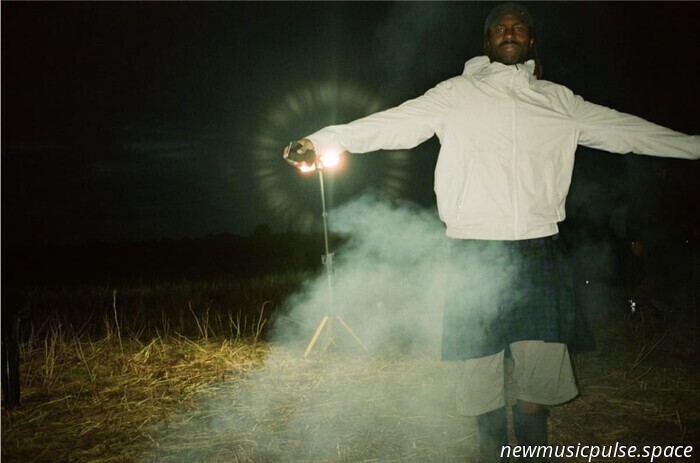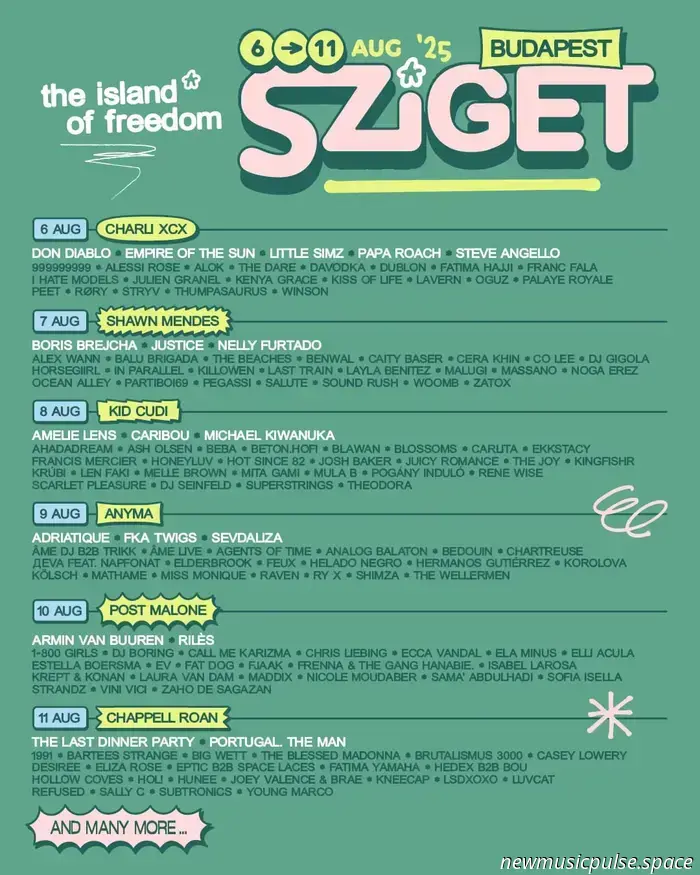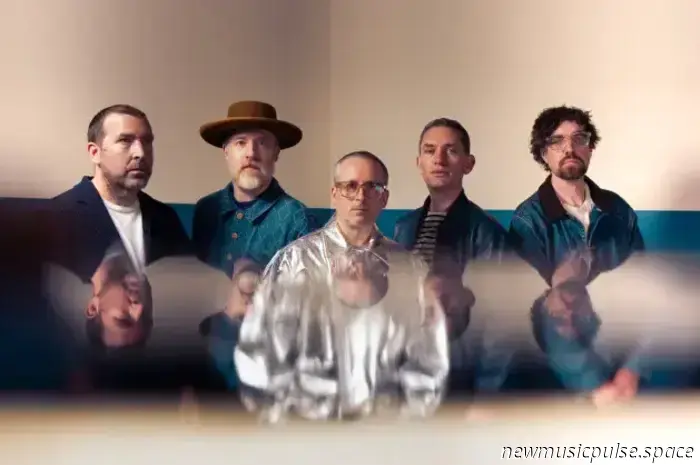
Julian Lage is well known in the jazz scene. A skilled guitarist, he has captivated audiences worldwide with his unique approach to jazz guitar since he emerged as a young prodigy.
His album ‘Speak To Me,’ set for release in 2024, has already received excellent reviews and follows a series of praised albums on the legendary Blue Note label. This marks a continuation of his artistic evolution and has led to some outstanding live performances.
Before his performance at this week’s North Sea Jazz festival in Rotterdam, Lage spoke with us about his creative process and his appreciation for Fender Telecasters, which might surprise some jazz musicians. He also shared advice for aspiring jazz guitarists, discussed his favorite guitarists, and compared his experiences collaborating with others to working on his own projects.
—
—
Now that ‘Speak To Me’ has been released, do you have any concepts for your next album?
Yes. We've just finished recording the next album. It will take some time before it is released, but we’ve definitely been working on it.
What’s your approach when you start a recording session? What comes first?
That’s a great question. It really depends on the project. Generally, my recent projects have focused on original compositions. I aim to create as many songs as possible so I can select the best ones for the specific project, setting aside others for future records. Another crucial aspect is the ensemble: who you are playing with, and how your relationship shapes the different music you create compared to previous records. A lot of questioning and exploration underpin the projects I’ve engaged in lately.
You've had collaborative albums with artists like Nels Cline. How do you find working collaboratively versus leading your own band?
It’s quite similar. Jorge Roeder, who I've played with for many years, is my main collaborator. Even when it’s labeled a “Julian Lage project,” I share the material with him, work on arrangements, and truly collaborate. While it’s presented under my name, it’s a fundamentally collaborative effort. The main distinction with collaborators like Nels or Chris Eldridge is that in a duo, each artist brings their songs from different experiences, whereas with Jorge, we build something together from scratch.
You’re performing at the North Sea Jazz Festival. Can you share your history with this festival? You’ve played there a few times before.
Yes, I have; it’s a legendary festival that I really enjoy. I’m excited to be playing with Jorge and Joey Baron. This version of the band is special since I don’t often play with Joey, and this performance is part of our tour. It’s a showcase of various music, allowing us the freedom to play a mix of pieces from the new record, upcoming albums, and older songs — celebrating music together, which is the main point.
What’s your perspective on festivals compared to your own headline performances?
They’re wonderful. North Sea is quite unique because it's made up of many concerts happening simultaneously. Unlike traditional festivals where you perform on one stage in front of one audience sequentially, North Sea feels more like putting on individual shows, with each concert being distinct. It aligns more closely with my other performances than typical festival environments.
You have a very distinct sound. Which jazz guitarists influenced you when you were starting out? How did you first connect with that sound?
Jim Hall has always been my favorite jazz guitarist; Eddie Lang is also influential, as is John Abercrombie. Jazz guitar has a coolness to it that’s closely tied to the personalities and eras of the players. I appreciate that many factors are beyond your control, like the guitar and amp you have, and you have to make the most of it. There are countless great players, but those are a few significant influences for me.
—
—
Your preference seems to be for Telecasters. Was that always your favorite, or did you have to discover your sound?
I love Telecasters. My father had one when I was growing up, so I initially played a Strat and briefly tried a Paul Reed Smith and an archtop before returning to the Tele. I admire their excellent sound quality, neutrality, and versatility. They clearly communicate, allowing the music to take center stage rather than just the guitar.
I appreciate the clarity of a Telecaster, but I also like Les Pauls for their distinct voicing. They all belong to a similar sonic spectrum, and I choose based on what suits the context. I enjoy Teles, especially because they can weave seamlessly with a double bass and drums, offering a lot of freedom without overcrowding any register.
You’ve indicated that there’s room for vocals in your music. Would you be open to collaborating with vocalists in the future?
Definitely. While I tend to focus on instrumental music, working with vocalists is a joy. It depends on the partnership.
At festivals like North Sea, do you manage to watch other performances?
Sometimes, but often there's not much time. It would be wonderful to


Blood Orange has announced a series of UK performances. The artist, whose real name is Dev Hynes, recently made a comeback with the beautiful new single 'The Field'.

Kid Cudi will take over as the headliner of this year's Sziget Festival, stepping in for A$AP Rocky, who has unfortunately had to make significant changes to his tour schedule.

Hot Chip is set to launch their new compilation album, 'Joy In Repetition', on September 5th. This upcoming collection encompasses the entire range of their career.
Julian Lage is a well-known figure in the jazz community. As a virtuoso guitarist, he has captivated audiences around the globe with his unique style and interpretation of jazz.